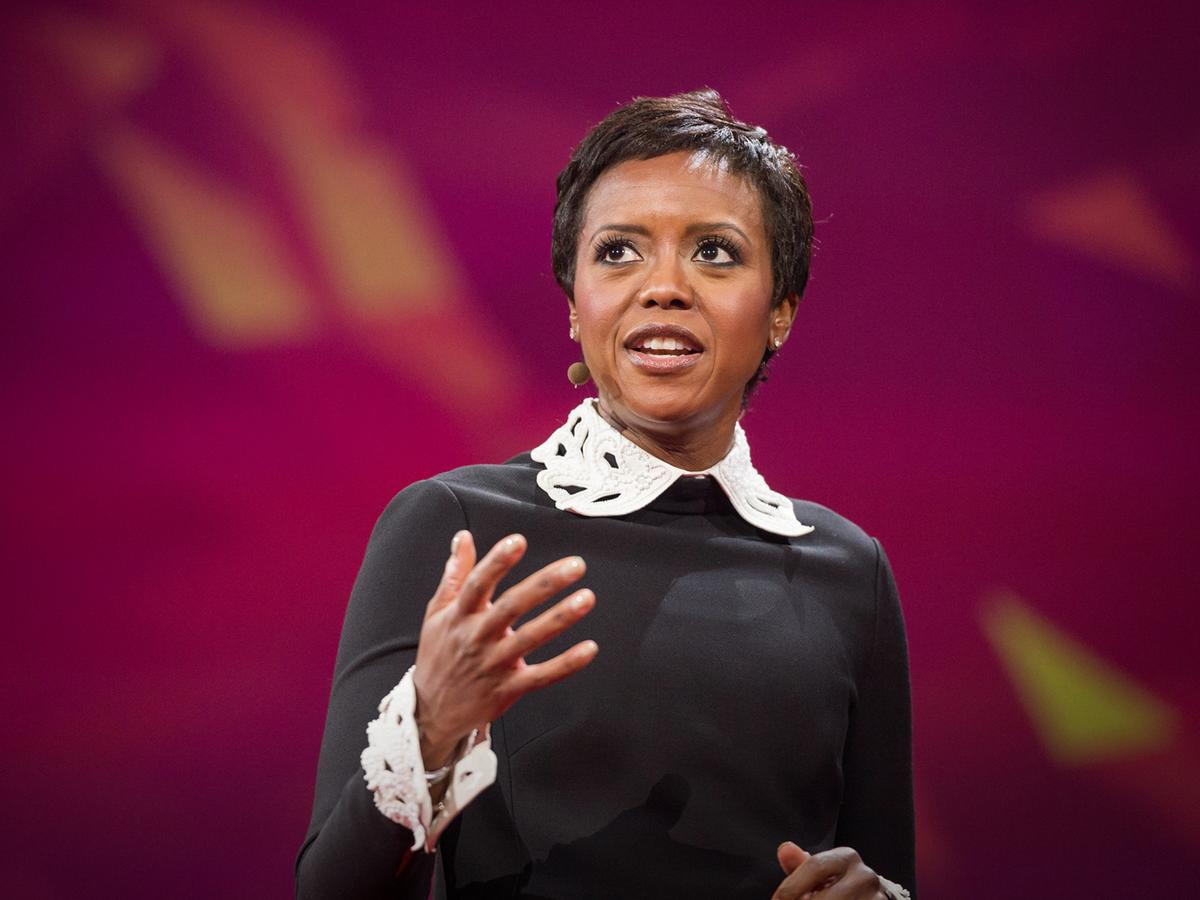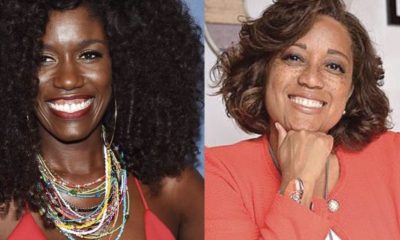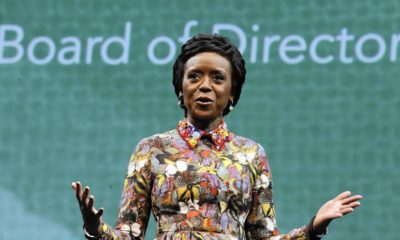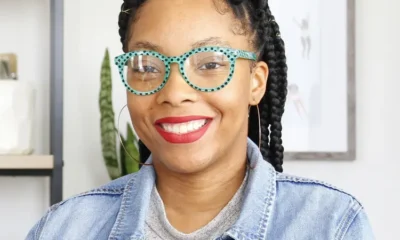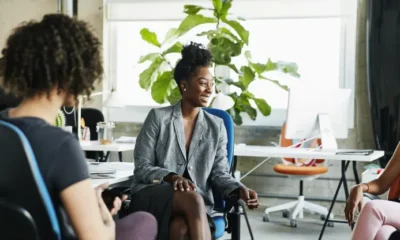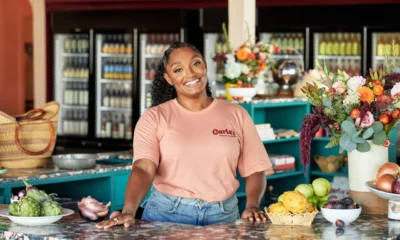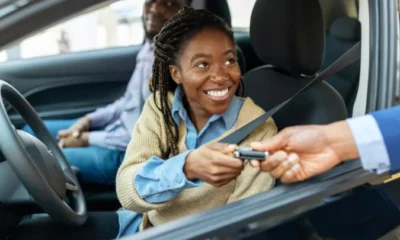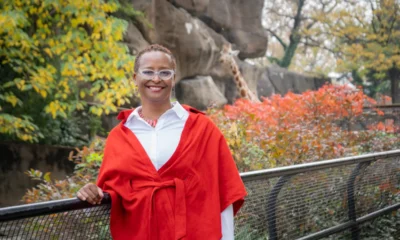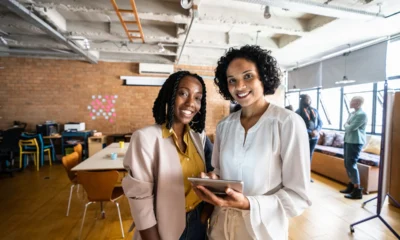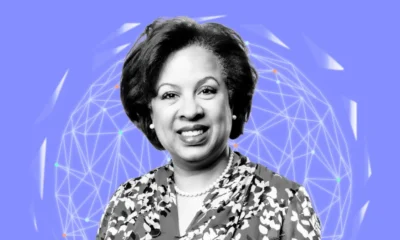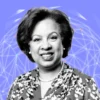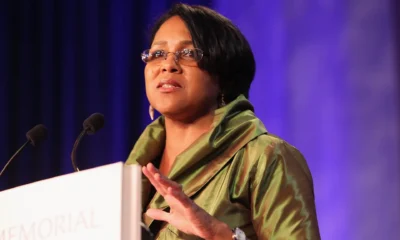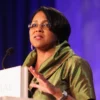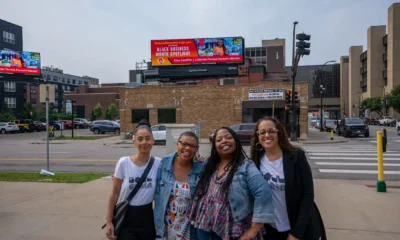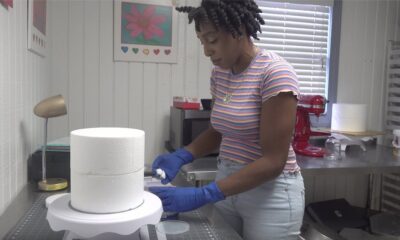Black Women in Business
Mellody Hobson on Why There Aren’t More Black Women Execs
Thasunda Duckett, CEO of consumer banking at JP Morgan Chase, wants to set one thing straight.
“Diversity is not a business case. It is who we are and it is what we’re going to get done,” she said Tuesday at the Most Powerful Women Summit in Washington, D.C.
Ann-Marie Campbell, the executive vice president of U.S. stores for Home Depot and Mellody Hobson, president of Ariel Investments joined Duckett in a discussion with Fortune senior editor Ellen McGirt about the barriers facing black women in corporate America.
Campbell is currently the only black woman on the 2017 MPW list.
“Being the only one represented from the African American or Caribbean community — it’s not really an honor for me because I really do think there are so many others that have the performance, they have the capability, but they have to get the opportunity,” she said.
The discussion opened with a simple, but challenging question McGirt explored in a recent feature for the MPW issue of Fortune Magazine: Why aren’t there more black women executives?
The answer, as the panelists explained, is multifaceted.
It’s personal
“Inclusion is not just a professional thing, it’s a me thing” Campbell said. She encouraged leaders to explore their own social circles and befriend people of different races and backgrounds, noting that you can’t have open conversations about many of the issues affecting your employees and your peers without a diverse friend group.
“We know a lot more about you than you know about us,” Hobson said. She challenged leaders to make the effort and the investment to learn about women and minorities.
“You need opportunity, but you also need to be in a culture where you can be heard, you can be understood, and you can be embraced,” Duckett said. “The highest level of diversity is perspective.”
It’s systemic
Beyond bias and interpersonal interactions, there are socioeconomic barriers that keep women of color out of the c-suite.
Hobson pointed to the fact that the racial wage gap is getting worse. In fact, the average black woman makes 60 cents for every dollar a white woman makes. Thirty years ago, they were only 8 cents behind white women, she said.
Black attendance at elite and Ivy League institutions has been stagnant, she continued, adding that representation is worse now than it was in 1980. And even if it weren’t, there’s evidence that the problem isn’t that black women lack education. Black women are the most highly educated group in the nation. But odds are in America that a high school educated white man will have higher net worth than a black college graduate.
“It really is about this issue of opportunity and where this opportunity really does get stalled,” Hobson said. “And it gets stalled for us so much earlier than people would ever imagine.”
Systemic racism is persistent and has left its mark on corporate America, she said, pointing to the fact that white women have benefited most from corporate diversity initiatives.
“We have to all commit that this is a sisterhood, because the reality is there’s not enough of us sitting out there,” Duckett said, referring to the MPW audience, “so we need you, we need the sisterhood.”
It’s not a priority
Organizations need to make a real commitment to change as well.
“Another thing that bothers me is that we’re ‘working on’ this, but we aren’t ‘working on’ anything else that matters in our companies. You either do or you do not,” Hobson said. “You …
Please read original article- Mellody Hobson on Why There Aren’t More Black Women Execs



